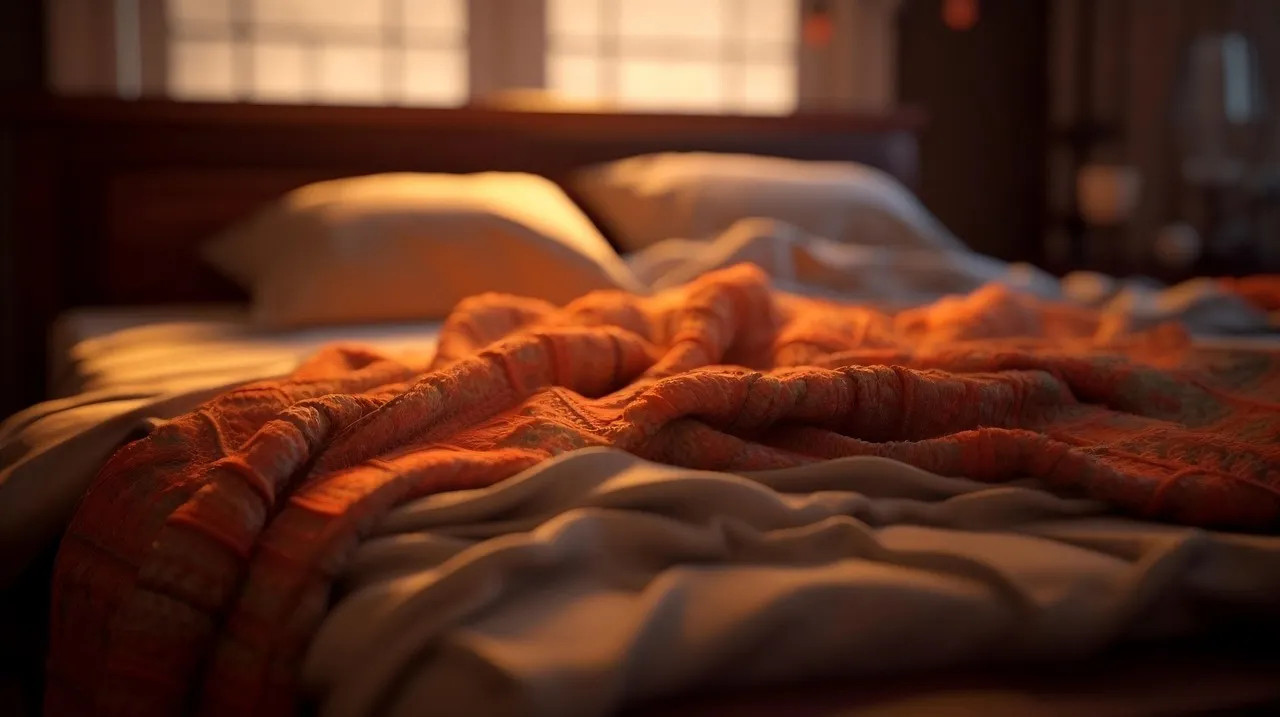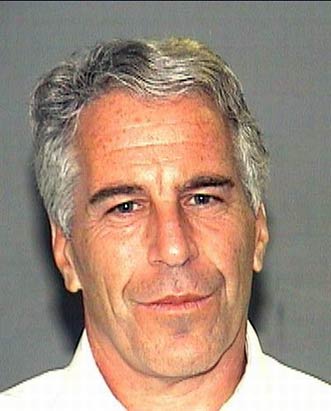Do Highly Intelligent People Need Less Sleep?

The connection between sleep and Brain activity
Estimated Reading Time: 5 minutes
Not necessarily always, but interestingly frequently enough it has been observed that highly intelligent/ high achievers/ deep thinkers/ highly passionate/ highly creative/ explorative/ highly determined people somehow really do sleep mysteriously lesser than other normal people.
And there's a very good reason for that.
Please remember:
We are talking about sleeping less because one consciously chooses to, and not because one has to due to heavy workload or insomnia. Choosing to sleep less is not insomnia.
Normally, humans need on an average 6–8 hrs of sleep every day in order to stay alert, relaxed, healthy and functioning. Sleep deprivation is as harmful for cognitive functioning as alcohol and leads to further serious long and short term physical/mental problems.
However, highly intelligent/ highly motivated people carve a different pathway to 'sleep less' and still successfully bypass sleep deprivation. Actually, they need just as much sleep as others, but their need to satisfy their mental hunger is stronger, more important and significantly more urgent than need for sleep, so they happily sacrifice their sleep.
It is well known that when people live in deep alignment with what they love, their brains often self-regulate in ways similar to a rested brain.
So highly intelligent people (here, only having a high intelligence is not the criteria; the person must also have a burning passion, determination, goal and sense of purpose) who are so driven by their work, so deep in their desire to learn/discover/explore or find out, they tend to regard sleep as a waste of time, or use up all extra time they have on hands which includes their sleep time.
They must satisfy their brain no matter what the cost. Turns out their satisfying their brain begins releasing same chemicals that are released through sleep and rest in normal people.
It is for this reason when we (all of us, irrespective of our IQ) have something (a question/ idea/ worry/ fear/ contemplation/ emotional turmoil/ deep thinking) on our mind, the first thing to disappear is our sleep, no matter how tired we are. One doesn't even need to be very intelligent to experience this.
That's why passionate people can work long hours, forget to eat or sleep, and still feel alive because they're fuelled by dopamine, oxytocin, and the profound coherence of purpose.
Both sleep and love/passion/sex share a remarkable chemical similarity:
- Both sleep and love states produce emotional calm through low cortisol and higher serotonin.
- Rest (through sleep or otherwise), purpose and positive emotions are triggered by growth hormones and endorphins which facilitate rejuvenation and repair.
- Both sleep and creative engagement trigger release of dopamine which helps us feel reward and motivation.
- Balanced acetylcholine and GABA produced during and after sleep, meditative and flow-states helps us feel integration and clarity.
In ordinary conditions when people work more and sleep less they suffer fatigue, exhaustion, lack of mental clarity and collapse. But if one has purpose, determination, creative pursuit, and focussed on finding/achieving something, it is not uncommon to be able to sleep less and still function perfectly.
Famous people who slept less and worked more:
Nikola Tesla, John von Neumann, Leonardo da Vinci (copyright free images)
- Nikola Tesla slept for only 2 hours per night and took short naps.
- Da Vinci slept 2 hours per night but took short day naps.
- Thomas Edison slept ~3–4 hours nightly, napped during the day; thought sleep was "wasted time."
- Napoleon Bonaparte slept 4–5 hours nightly.
- Winston Churchill slept 5 hours per night but took long day time naps.
- Voltair slept 4 hours nightly.
- Elon Musk sleeps 6 hours per night often due to work load.
- Margaret Thatcher slept 4 hours per night.
- Benjamin Franklin slept for 5–6 hours per night.
- Steve Jobs slept 4–5 hours on an average and sometimes as little as one hour or worked as late as midnight.
- John von Neumann slept only 4 hours per night. He could attend parties until the early hours of the morning and then deliver a lecture at 8:30.
- Michelangelo slept only about 4 hours per night
- Oppenheimer slept for 4 hours per night.
- Richard Branson sleeps for 5–6 hours. Says 'sleeping too long wastes opportunity.'

A sleep deprived person, a love deprived person and a highly motivated/passionate/creative person who is deprived pursuits of his passions suffer almost the same symptoms of fatigue, exhaustion, burn-out, lack of energy and drive, disconnection, disorientation, discomfort and physical/mental inability to function.
My personal experience: I love to sleep. I can go to sleep any time I want. However, my pursuits are my fuel. Since nearly 15 years I have been regularly sleeping for only 3–4 hours per night including weekends and sometimes only 2 hours in complete 24 hours. My friends and colleagues swear it can't be true because I look fully rested with no red/swollen/groggy/salty/burning eyes, work with more physical/mental energy than others and I take no breaks at work. They just wonder and don't know how I do it.
I don't know how I do it either. I just do it.
So, yes. It is technically possible to sleep less and still suffer no ill effects of sleep deprivation but one has to have a sufficient motivating factor for it. Without that sleep deprivation is enough debilitating for anyone and a gateway to whole host of several serious diseases.
It is neither advisable nor possible for anyone to hold off sleep on purpose.
Thanks for reading!
Tags: #Sleep #Sleep Deprivation #Intelligence #Mental Health #Health

I write about psychology, spirituality, society, human intelligence and perspectives and opinions you don't want to know about.
Latest posts in R Blogs
Be the first to read what's new!
The Truth About Jeffery Epstein
Epstein is born in a normal middle class family with extra bright brains and insatiable hunger for money and power.
10 Reasons never to visit Australia
Weird and wonderful, it's as beautiful as terrifying
The Kalki Avatar Prophecy
Who is Kalki And What to Expect From Him
If you enjoyed reading this, you might also like these
The Kalki Avatar Prophecy
Who is Kalki And What to Expect From Him

The Connection Between Nebra Sky Disc and Mahabharata
Is Nebra Sky Disc the first evidence of Mahabharata?

How to Tell if Your Child is a Prodigy
Recognising Early Signs of Exceptional Talent or genius in Little Children

Hidden Secret About Psychological Disorders
Psychological Disorders may be hiding a little secret about humans no one wants us to know

















